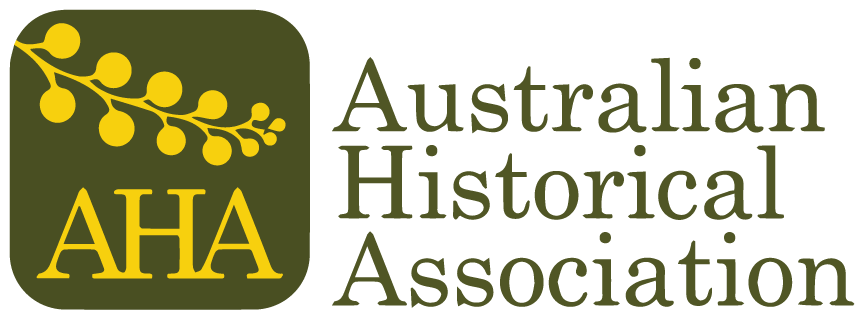2024 Winner
Paige Donaghy (UQ), Uncertain Knowledge: False Conceptions and Molas in European Medicine, 1500–1800
A thesis that charts the evolution of lay and medical beliefs surrounding false conception and false generation in early modern England and beyond. Building on an original conceptual framework around ‘reproductive uncertainty’, the thesis conveys the liminality of pregnant embodiment, making a powerful argument about knowledge-making during the transformation and professionalisation of medical practice over the centuries. Elegantly written and persuasively argued, the thesis brings together an impressive number of archival materials. It deftly navigates the diverse contemporary debates in the scholarship while making a significant intervention into histories of medicine, reproduction, gender, and knowledge. This deeply interdisciplinary thesis underlines how pregnancy as we imagine it today has been historically determined. The author’s resolve to never simply assign to the past the categorisations of the present highlight the limitations of past systems of thought in favour of our supposed actual, objective and ‘scientific’ understanding. This was a brave and challenging approach. The end result is an accomplished, original, and daring thesis, that has made a considered contribution to the historical discipline.
Highly Commended
Henry-James Meiring (UQ), Reading Morals: Charles Darwin and the Descent of Morality
Divya Rama Gopalakrishnan (Melbourne), Venereal Diseases and Bodily Excesses: A Social History of Contagions in the Madras Presidency (c. 1780 to 1900)
2023 Winner
Freg (James) Stokes (Melbourne), The Hummingbird’s Atlas: Mapping Guaraní Resistance in the Atlantic Rainforest during the Emergence of Capitalism (1500–1768)
A remarkable thesis that tackles a highly original topic. Empirically rich, theoretically adventurous, the thesis shows a depth and difficulty of research that includes time in the archives and fieldwork, and extensive use of non-English language sources. It ties together novel archival research, work with Indigenous Guaraní speakers, and map-making to develop a compelling argument that the resistance of Indigenous populations in the Atlantic rainforest shaped the expansion (or not) of colonial agendas and also played a major role in the trajectories of global capitalism. It is a pioneering thesis that puts Indigenous peoples at the forefront of global history, and incorporates oral traditions and Indigenous knowledge alongside archival work. The thesis brings together and makes a significant contribution to the best and newest literature in the fields of labour history, environmental history, indigenous history, and global history in a sophisticated analysis that is complemented by an impressive collection of original maps and tables.
Judges: Mike McDonnell (Sydney), Katie Barclay (Adelaide), Patrick Jory (Notre Dame)
Highly Commended
Kathleen Burke (ANU), Global Cuisine in the Dutch Indian Ocean Empire
An original and impressively researched thesis that traces the movement of food and cuisine in the Dutch Indian Ocean empire. The dissertation features an impressive use of recipes as primary sources, which are read against the grain, yielding fascinating insights on topics rarely discussed in previous scholarship: everyday fare, the cravings of returning elites, the cuisine aboard ships, and the transmission of food cultures from place to place – all the while weaving in the documents of male colonists and the traces of enslaved and elite women in this process.
Douglas Pretsell (La Trobe), The Age of the Urning: Queer Identities and Advocacy in Germany, 1864−1897
This is an intensively researched and beautifully written study of the early German homosexual writer and theorist Karl Heinrich Ulrichs, his theory of ‘urnings’, and homosexuality in Germany between the 1860s-90s, before the concept of ‘homosexual’ was defined and widely adopted. Featuring frequent and detailed use of German language sources, including Ulrichs’ own works, it makes a convincing case for the importance of understanding earlier attempts to develop classificatory schemas of sexuality and concepts of masculinity in Germany, which were later superseded and thus largely forgotten.
Wilbert Wong (ANU), Sir Richard Olaf Winstedt and the Historical Creation of ‘Malaya’ and ‘Tanah Melayu’
Wong lays out a bold new argument about the role of the influential European colonial administrator-historian in British Malaya, Richard Olaf Winstedt in constructing a grand narrative of Malay history later adopted by Malay historians themselves. This is a refreshingly non-postcolonial study that uses English and Malay language sources to tease out an important genealogy of Malay historiography, and which helps explain the ideological foundation for the racial politics that bedevils Malaysia today. Wong shows how things could have been different.
